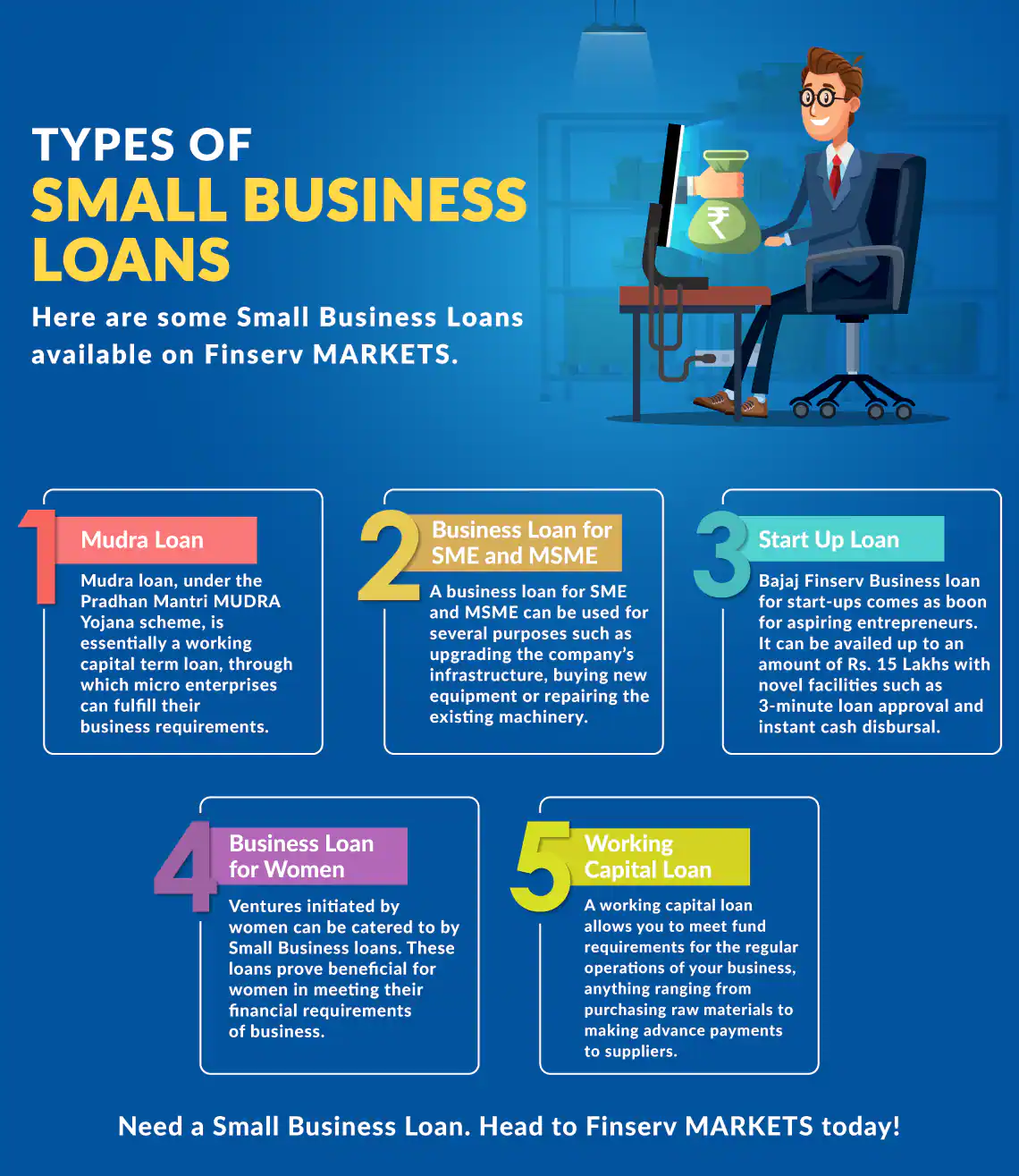In India, many women take career breaks for reasons ranging from motherhood and caregiving to personal health or relocation. While these breaks are often necessary, they can create challenges in terms of financial stability. Unlike men, women typically face shorter earning spans, wage gaps, and longer life expectancy, making financial planning during career breaks even more critical.
The good news? With the right strategies, you can stay financially secure and independent—even when income temporarily stops.
Why Financial Planning Matters During A Career Break
A career break impacts more than just monthly earnings. It can:
- Reduce savings and investments.
- Affect retirement corpus.
- Limit access to benefits like EPF, gratuity, and insurance.
- Increase dependence on others for financial needs.
👉 This is why women must take charge of financial planning before and during their career breaks.
Step 1: Build & Protect An Emergency Fund
Before taking a break, ensure you have at least 12–18 months of expenses set aside.
- Cover essentials: rent, groceries, EMIs, utilities, children’s education.
- Keep it in liquid funds, high-yield savings accounts, or short-term FDs.
- This ensures you won’t have to dip into long-term investments during the break.
💡 Tip: Women often underestimate break durations. Plan for a longer horizon than expected.
Step 2: Secure Health & Life Insurance
During a career break, employer-sponsored insurance stops. Arrange for:
- Individual Health Insurance: Covers medical emergencies without straining savings.
- Term Life Insurance: If you contribute significantly to household income or loans.
- Critical Illness/Disability Cover: Especially important if health was a reason for the break.
👉 This prevents medical or unforeseen costs from derailing your financial security.
Step 3: Continue Investing (Even Small Amounts)
Stopping investments during a break can disrupt wealth-building. Instead:
- Maintain Systematic Investment Plans (SIPs), even if reduced.
- Focus on retirement savings (PPF, NPS, or mutual funds).
- Use women-centric savings schemes like Sukanya Samriddhi Yojana (if you have a girl child).
💡 Compounding works best with consistency. Even ₹2,000/month during a break adds long-term value.
Step 4: Manage Debt Wisely
If you have loans, plan repayments before a break.
- Avoid taking fresh debt for lifestyle expenses.
- Restructure EMIs if income stops.
- Pay off high-interest debt (like credit cards) first.
👉 The goal is to keep your liabilities low when income flow is uncertain.
Step 5: Create Passive Income Streams
Relying entirely on savings is risky. Explore:
- Freelancing or consulting in your field.
- Renting out property.
- Dividend-paying investments.
- Teaching, coaching, or online skill-based gigs.
Even a small side income adds security and boosts confidence during breaks.

Step 6: Don’t Ignore Retirement Planning
One of the biggest mistakes women make is pausing retirement contributions during breaks.
- Use PPF or NPS for disciplined saving.
- If married, consider joint retirement planning to balance contributions.
- Keep track of your own retirement accounts—don’t rely only on spouse’s savings.
Step 7: Stay Financially Independent
A career break shouldn’t mean financial dependence.
- Keep a separate bank account for your savings and investments.
- Stay actively involved in household financial decisions.
- Track family expenses, insurance, and investments.
👉 Independence in decision-making ensures you never feel financially sidelined.
Step 8: Plan Your Comeback Strategically
Since many breaks extend longer than expected, plan for a smooth return:
- Continue skill-building through short courses.
- Save for upskilling costs (MBA, certifications, digital skills).
- Budget for childcare or relocation if needed when restarting work.
FAQ – Financial Planning For Women On A Career Break
1. Why is financial planning important during a career break?
It helps manage expenses, protect savings, and stay prepared for emergencies while income is paused.
2. How much should my emergency fund cover?
Ideally, 6–12 months of essential expenses.
3. Should I stop investing during my break?
No, try to continue even small SIPs to keep compounding benefits active.
4. What insurance should I maintain?
Ensure health and life insurance remain active throughout the break.
5. How can I prepare for returning to work?
Set aside funds for re-skilling, networking, or starting a small business.
6. How often should I review my finances?
Every 6 months, or after any major life or income change.
Conclusion
A career break can be a time of growth and self-discovery, but it must not derail your financial independence. With planning, discipline, and smart money choices, women can maintain stability and even emerge stronger financially.
Remember: Financial planning isn’t just about numbers—it’s about ensuring your freedom, choices, and peace of mind.
🌸 Your career may pause, but your financial independence should never stop.



